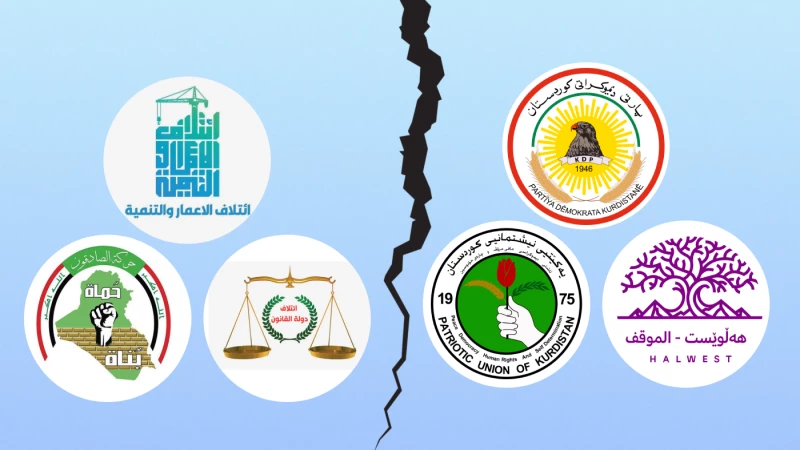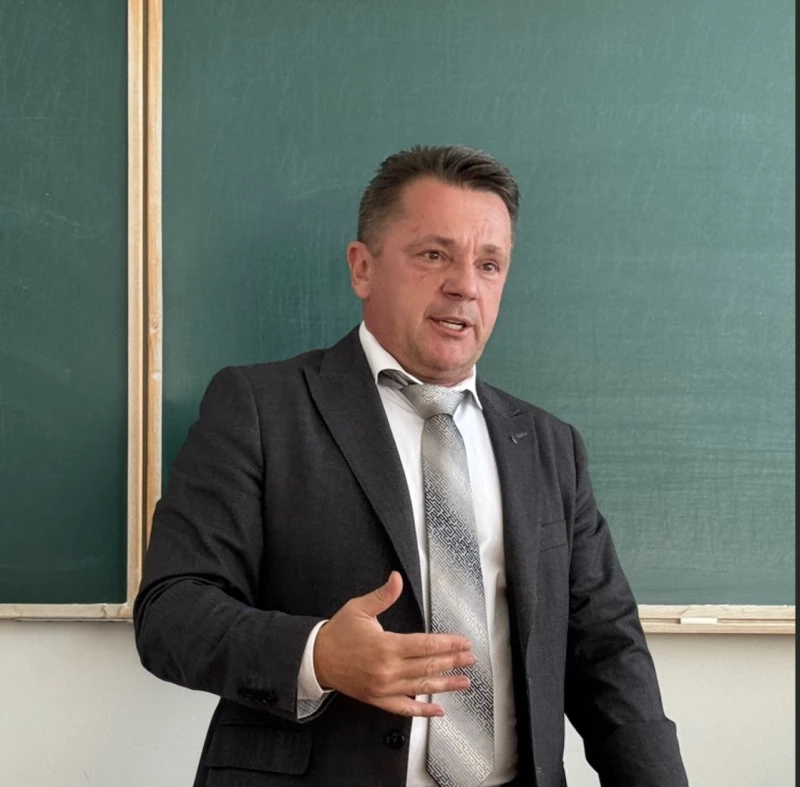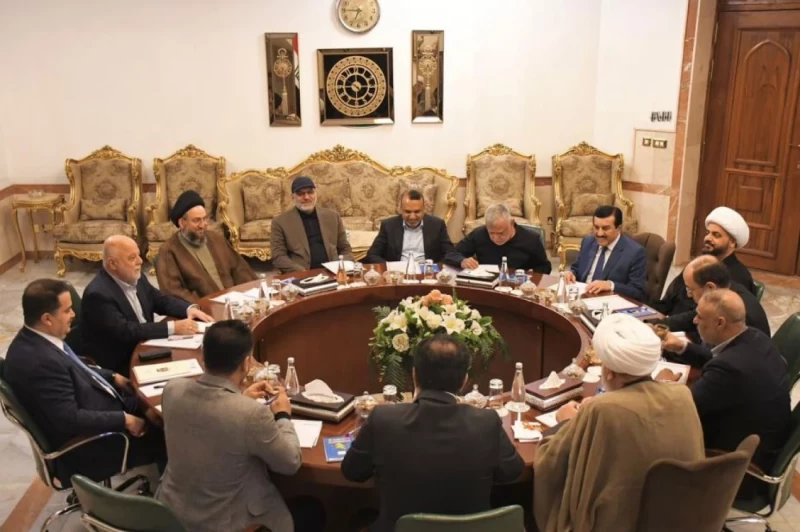As Iraq looked with hope to host leaders of the Gulf for the Arab League summit in Baghdad on Saturday and give them a good impression, there was perhaps a lesson or two that Iraqi authorities should have learnt from the country’s Kurdistan Region, who shares a strong and friendly relationship with Gulf states.
The Arab League summit in Baghdad on Saturday was described by many as disastrous, all the way from the sloppy protocol measures by the government to its inability to pay the right amount of respect Gulf states like the UAE, Qatar, and Saudi Arabia.
Of all the Gulf leaders invited, Qatari Emir Tamim bin Hamad Al Thani was the only one that gave the Iraqi government the benefit of the doubt, but he too left the summit early without making any remarks during the meeting.
The UAE, on the other hand, had Vice President Mansour bin Zayed Al Nahyan leading their delegation to Baghdad, but they too, like the Qataris, took an early leave from the summit.
Dozens in the Iraqi political scene criticized the government for their inability to be good hosts to the Gulf states, who are now at the forefront of decision making in the region.
The UAE, Qatar, and Saudi Arabia just recently hosted US President Donald Trump, something Iraqi authorities should have considered before engaging in a game that could only backfire against them.
The Gulf states had long been a close ally to Iraq’s southern neighbor Kuwait. One would thing the former Baath regime’s mistake in Kuwait would be enough lesson for Iraqis to understand that Gulf states stick together, but seems not. The Iraqi government’s recent disputes with Kuwait on the Khor Abdullah waterway in the Gulf, ultimately led to leaders of the Gulf to show Iraq that Kuwait was the red line, and they did that through not attending the summit Iraq was so proud of.
But perhaps not poking at Kuwait was not the only reason that Gulf countries did not attend.
Baghdad has long tried to get closer to Gulf states, but unlike the country’s northern autonomous Kurdistan Region, which is home to consulates of a number of Gulf states, they have not been able to do so.
The Kurdistan Regional Government (KRG) in the north is among the closest regional allies of the Gulf, especially the UAE, which Erbil has long seen as a role model for its economic development and stability.
Speaking at the World Governments Summit in Dubai in February, PM Barzani said "UAE has been a model that we've been looking up to, and really has helped us to accelerate the changes and the reforms that we have done in our region."
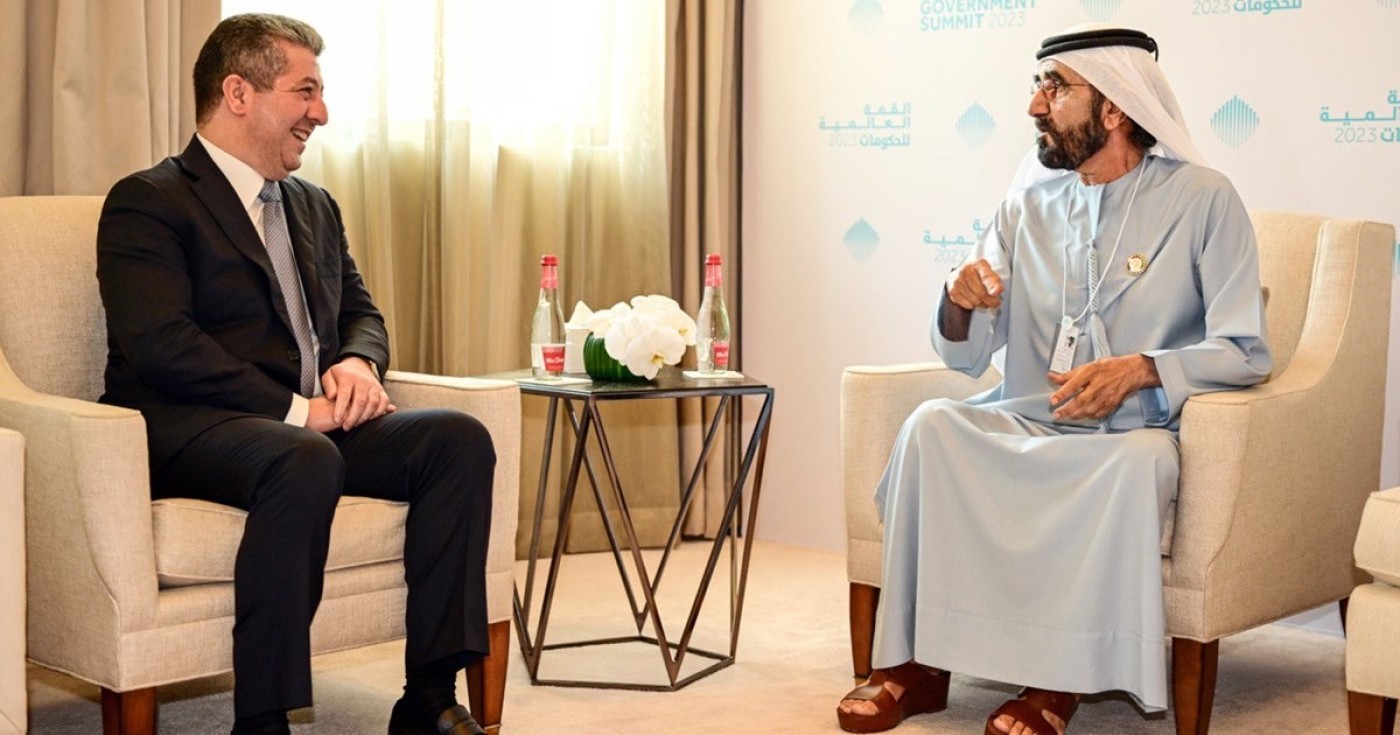
Kurdistan Region PM Masrour Barzani and UAE PM Mohammed bin Rashid Al Maktoum in 2023. Photo: Kurdistan Region PMO
This can be seen by the frequent visits of Kurdish leaders to Abu Dhabi and other Gulf capital, and the amount of cooperation between them.
An example of this strong relationship was in February, when Kurdistan Region Prime Minister Masrour Barzani and the UAE’s Minister of Cabinet Affairs, Mohammad Al Gergawi oversaw the signing of an MoU aimed at enhancing cooperation through “knowledge exchange and governance modernisation.”
The agreement was built upon an existing MoU between Abu Dhabi and Erbil, and was extended for another five years.
Prime Minister Barzani frequently visits Gulf countries, where he is met with respect and great care, a symbol of the mutual grace and hospitality shared by both the Kurdistan Region and the Gulf states.
The premier met with UAE President Sheikh Mohammed bin Zayed Al Nahyan twice this year alone.
But that is not all.
A top Kurdish business delegation was in Abu Dhabi in April, to attend the Annual Investment Meeting (AIM Congress), meet international business leaders, and showcase the Kurdistan Region’s potential as an attractive investment destination, something Baghdad has never done in a bid to enhance their relations.
Reaping the rewards of such relations, there are around 200 Emirati companies currently investing in the Kurdistan Region, contributing to a trade volume exceeding two billion dollars, with the UAE-based energy giant Dana Gas being at the forefront.
Dana Gas has for years played a pivotal role in producing the Kurdistan Region’s natural gas.
During a visit to Abu Dhabi in April, Kurdistan Region President Nechirvan Barzani said that “the UAE very seriously and passionately wants to have investments in Kurdistan. They will probably in the near future assign someone, a special envoy for investment to Kurdistan.”
“This is a big step forward. They are currently working on that. They may announce it officially soon,” the Kurdish president said at the time.
But not just through business have Abu Dhabi and Erbil been drawn close to each other, but also through humanitarian aid, with the UAE having widely supported the Region in its fight against the Islamic State (ISIS), mainly through providing humanitarian assistance to IDPs and refugees based in the Region.
Erbil has also shared very strong ties with Doha over the past few years, with Qatar opening a new Consulate General building in Erbil last year.
Just two months ago, Prime Minister Barzani met with Prime Minister and Minister of Foreign Affairs, Mohammed bin Abdulrahman bin Jassim Al Thani, in Doha to discuss strengthening relations between Erbil and Doha.
Both sides share strong economic and trade ties, especially in agriculture, while also exchanging expertise on human development.
Iraq, on the other hand, has not been able to establish a relation of such sort with Gulf states and for years slacked off the process of opening up to the Gulf, and while the Saturday summit could have been a great chance for Baghdad to get closer to those states, instead, mismanagement of the Iraqi government and weak diplomacy may have backfired at Baghdad.


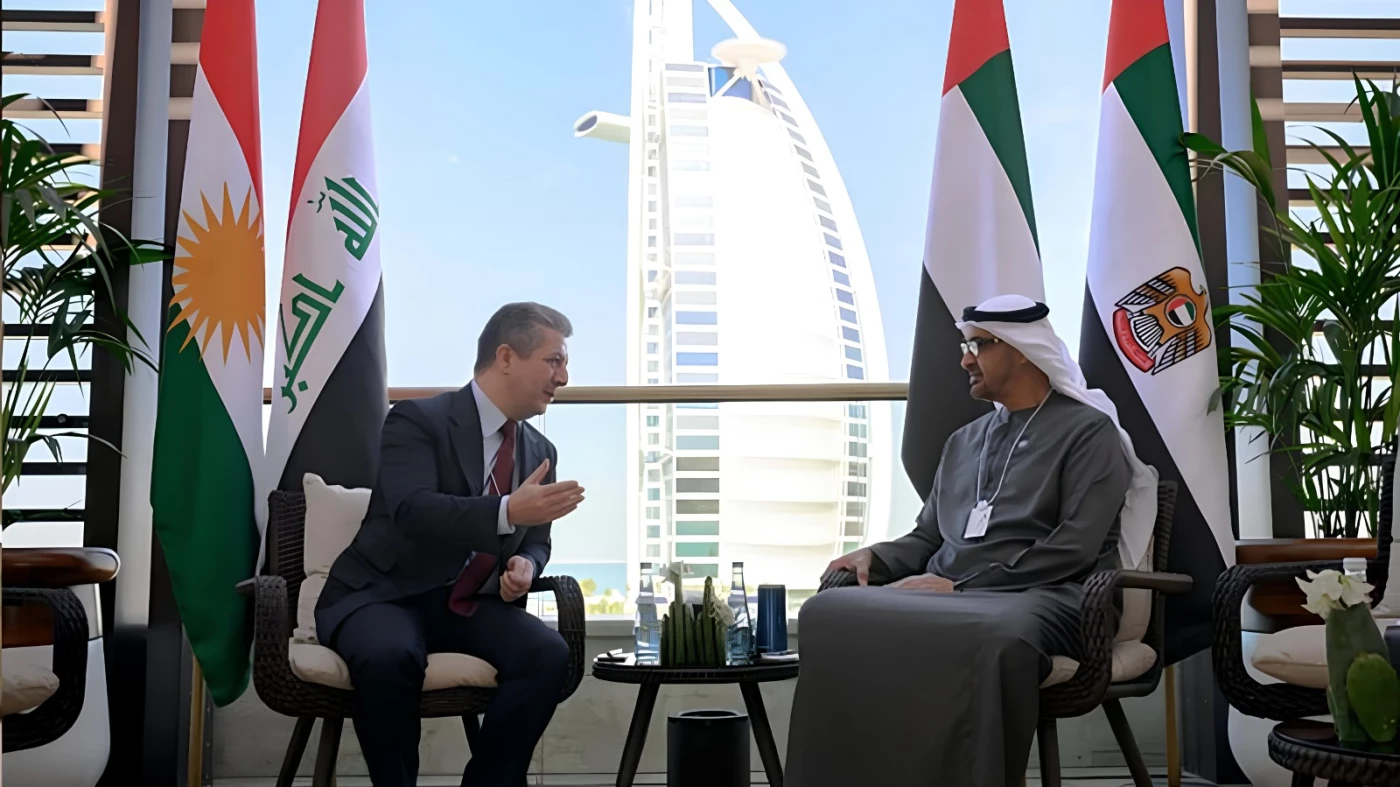
 Facebook
Facebook
 LinkedIn
LinkedIn
 Telegram
Telegram
 X
X
